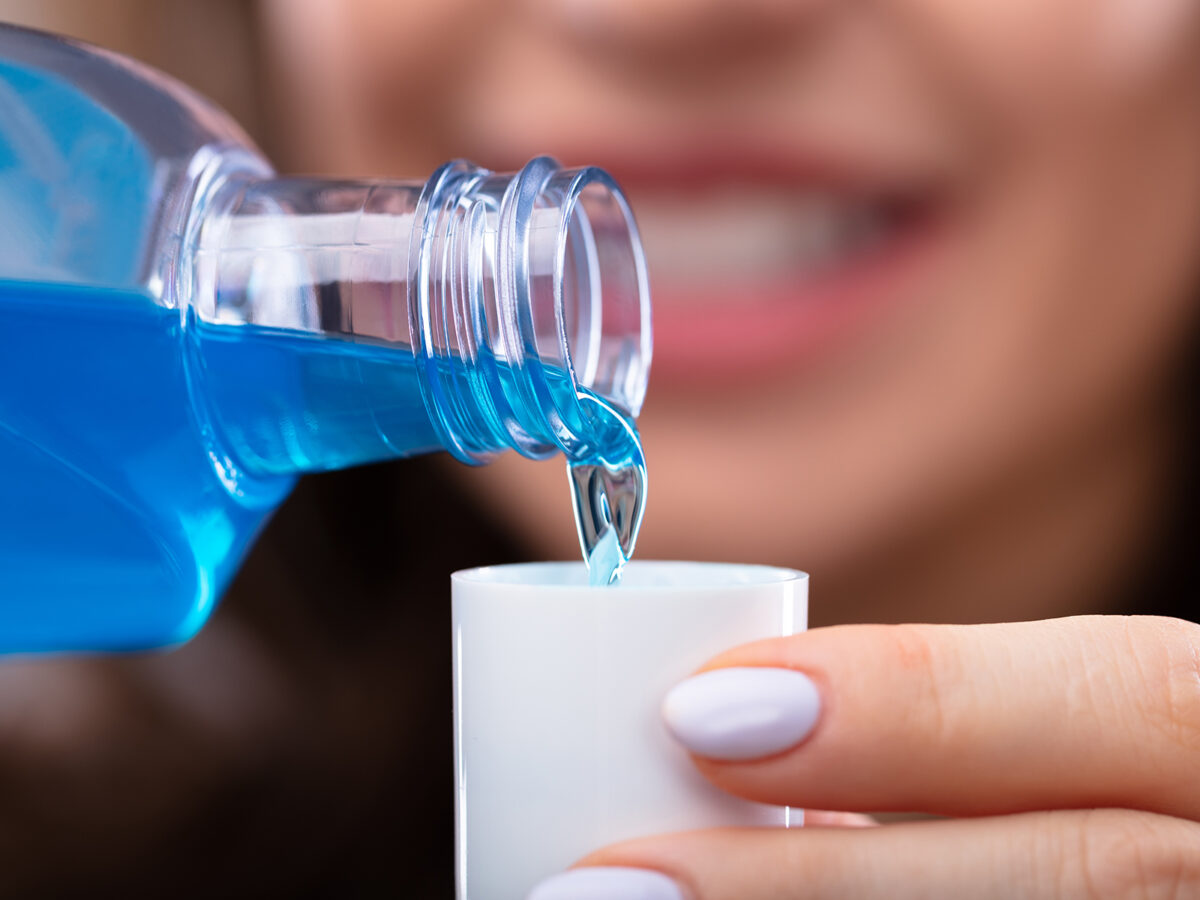Blog
Dental hygiene tips for healthy teeth & gums

Why Is Mouthwash For Bleeding Gums Beneficial?
Do you incorporate mouthwash into your daily routine? If not, perhaps it’s time to consider it. While mouthwash can be used occasionally for gum bleeding and bad breath, integrating it into your daily oral hygiene regimen can be more beneficial. Mouthwash possesses antibacterial properties that enhance gum health, and healthy gums are fundamental to overall dental hygiene.
When combined with regular brushing and flossing, mouthwash can significantly improve gum health. For optimal results and a refreshing mouthfeel, it’s recommended to use mouthwash daily after brushing and flossing.
Importance of Mouthwash for Gum Bleeding
Gums are the tissues that anchor your teeth. Inadequate brushing can lead to the accumulation of a thin layer of tooth enamel known as plaque. Over time, plaque hardens into tartar, fostering bacterial growth in the mouth.
Unchecked plaque and tartar can result in gingivitis, gum bleeding, and bad breath. If neglected, these conditions can escalate to periodontal disease, necessitating professional intervention. Mouthwash, with its antibacterial formulation, offers protection against germs and bacteria. Regular use can mitigate the risk of periodontal disease and infections.
How Does Mouthwash Protect Your Gums?
Mouthwashes designed for gum bleeding are available in two variants: cosmetic and therapeutic. While cosmetic mouthwashes offer temporary relief from bad breath and provide a pleasant mouthfeel, therapeutic mouthwashes target and eliminate bacteria, reducing the risk of cavities and gingivitis. They also contain fluoride to combat tooth decay.
Some therapeutic mouthwashes require a prescription. They can effectively clean areas between teeth, akin to interdental brushes. It’s essential to recognize that while mouthwash complements brushing, it doesn’t replace it. Mouthwashes can clean areas that brushes might miss. For tailored advice on the best mouthwash for your needs, consult your dentist.
Active Ingredients in Mouthwash for Gum Bleeding
Before purchasing a mouthwash for gum bleeding, always review its ingredients. Effective mouthwashes typically contain cetylpyridinium chloride, chlorhexidine, peroxide, and various essential oils. These components combat plaque and leverage their antibacterial properties to shield your teeth from infections.
Products containing chlorhexidine are typically prescription-based. They primarily target plaque reduction and gingivitis prevention. These active ingredients collectively safeguard your teeth from various ailments, making mouthwash a valuable addition to your oral care routine.
When Should You Use Mouthwash?
Most dentists recommend using mouthwash post-brushing. However, if you’re using therapeutic toothpaste, it might diminish the mouthwash’s effectiveness due to ingredient interactions.
Before using mouthwash, rinse your mouth thoroughly with water to ensure no residual toothpaste chemicals interfere with the mouthwash. Children under six should refrain from using mouthwash, as ingesting significant amounts can lead to nausea and vomiting.
Some mouthwashes also contain alcohol, which might not be suitable for those with sensitive gums. If mouthwash is used before brushing, it might rinse away beneficial fluoride.
Final Thoughts
Mouthwash, especially those with robust antibacterial properties, is a boon for gum health. Healthy gums and teeth can stave off numerous periodontal diseases. Mouthwash designed for gum bleeding can help prevent bacterial infections, plaque buildup, and the unpleasantness of bad breath. A radiant smile coupled with a refreshing mouthfeel is within reach.
A plethora of mouthwashes is available on the market. Opt for alcohol-free, fluoride-enriched variants to ward off bacteria and tooth decay. With a vast array of flavors available, you’re sure to find one that suits your palate.
